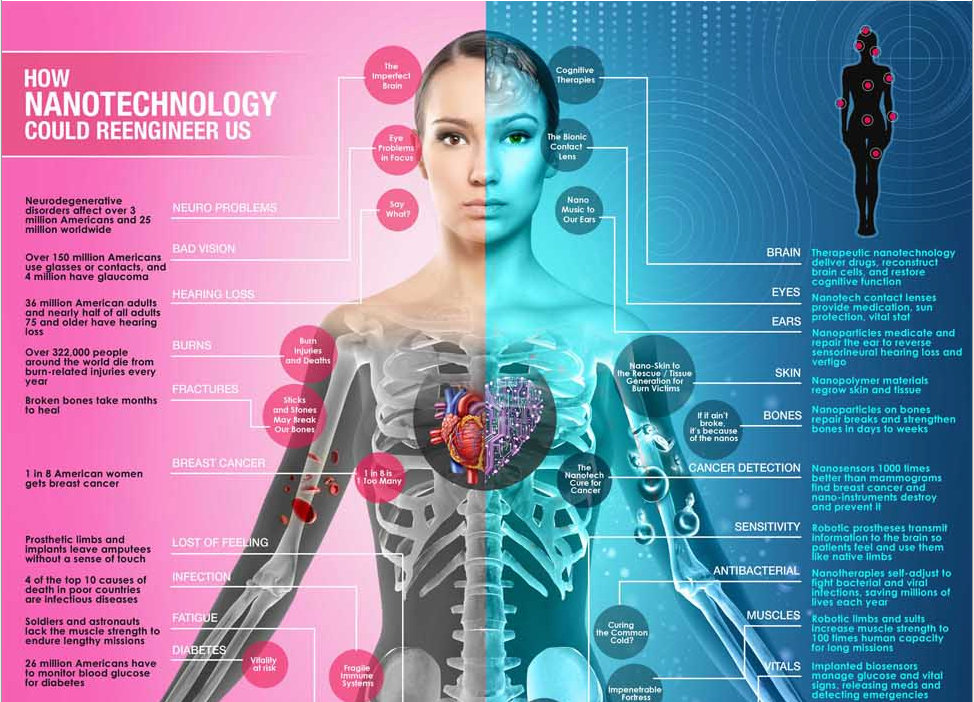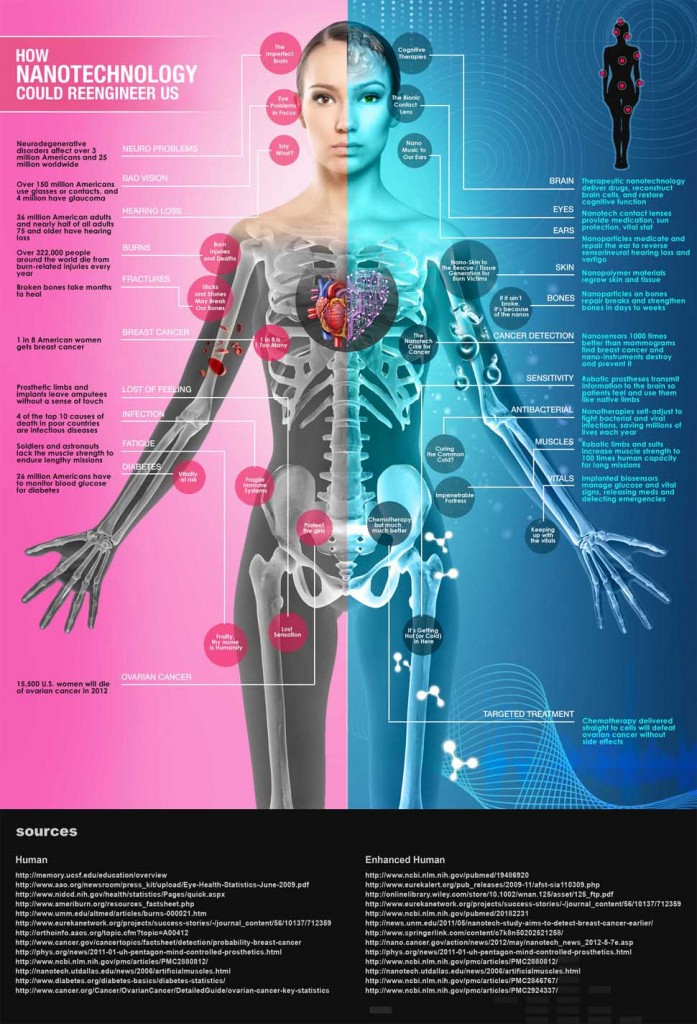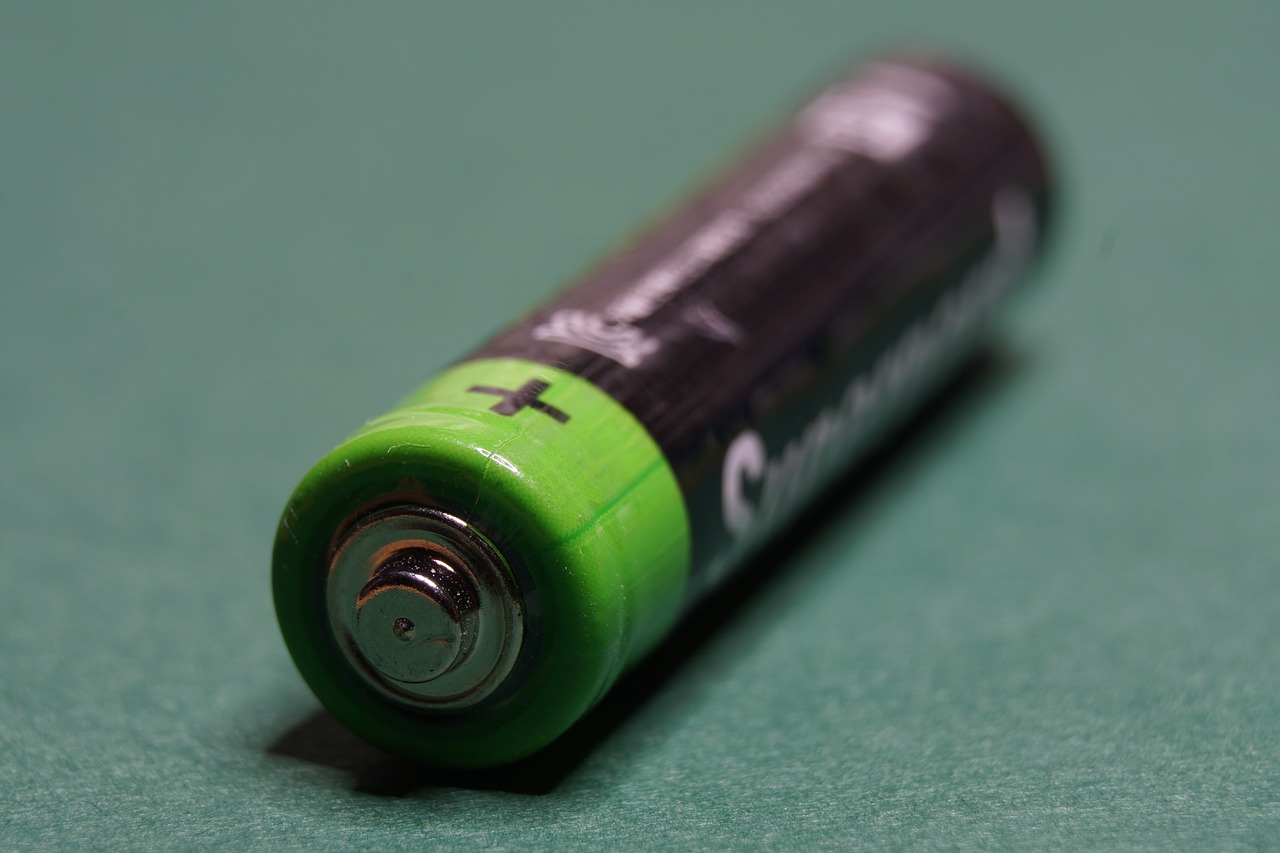Nanotechnology is expected to change the world by transforming biology, chemistry, computing, communications, engineering and materials science.
The big challenge is to understand the technology well enough to limit risks to the environment, health and safety. Humans don’t have a good track record of coming to terms with technology before it is implemented, and business people, rightly or wrongly, tend to focus on money-making first and foremost and leave “clean up” for future generations. Attempts to regulate nanotechnology and emerging fields like it are highly controversial as overregulation tends to strangle new ideas in their infancy.
At the same time, with the world struggling with huge challenges such as climate change, pollution and water shortages, there is not a lot of room to “get nanotechnology wrong.” Exacerbating environmental and health issues would be a tragedy. And for that reason, organizations like the International Council on Nanotechnology (ICON) at Rice University are sprouting up worldwide to consider nanotechnology developments, issues and regulation.
As researchers, governments and industry are forming organizations and institutes to advance the promise of nanotechnology, other organizations such as the Foresight Institute have been working to increase public knowledge and understanding of this new field.
Fascinating Nanotechnology Possibilities
At the nanoscale, humans work at the level of molecular biology, that is, at the atomic, molecular and supramolecular scales between 1-100 nanometers. Nanotechnologists design and engineer parts that can interact with biological structures or replace key structures, leading to healthier humans.
The following graphic created by How Nanotechnology Could Reengineer Us – Keithley Instruments shows how the human body can be transformed by nanotechnology:
The following is a summary of conditions and illnesses described in the graphic that can be improved or healed using nanotechnology:
- Brain: Neurodegenerative disorders affect 3 million Americans and 25 million worldwide. For this, therapeutic nanotechnology delivers drugs, reconstructs brain cells and restores cognitive function.
- Eyes: Over 150 million Americans use glasses or contact lenses, and 4 million have glaucoma. For these conditions, nanotech contact lenses provide medication, sun protection and vital statistics.
- Ears: 36 million American adults and nearly half of all adults 75 years old and older have hearing loss. Nanotechnology medicates and repairs the ear reversing hearing loss and vertigo.
- Skin: Over 322,000 people around the world die from burn-related injuries every year. Nanopolymers can regenerate skin and tissue.
- Cancer: One-in-eight American women gets breast cancer, and 15,500 U.S. women die of ovarian cancer each year. To treat these diseases, nanosensors 1,000 times better than mammograms find breast cancer and nano-instruments destroy and prevent cancer growth.
- Bones: Prosthetic limbs and implants leave amputees without a sense of touch. For this, nanoparticles on bones repair breaks and strengthen bones in mere days or weeks. In addition, robotic processes transmit information to the brain so patients feel and use them like native limbs.
- Antibacterial: Four of the top 10 causes of death in poor countries are infectious diseases. Nanotherapies self-adjust to fight bacterial and viral infections, saving millions of lives each year.
- Muscles: Soldiers and astronauts lack the muscle strength to endure lengthy missions. Robotic limbs and suits could increase muscle strength to 100 times human capacity for long missions.
- Vitals: 26 million Americans have to monitor blood glucose for diabetes. Implanted biosensors could manage glucose and vital signs, releasing meds and detecting emergencies.
IndustryTap will continue to explore nanotechnology in coming articles. Stay tuned!
Related aricles on IndustryTap:
- Nanotechnology a New Weapon in the Fight Against Cancer
- 2014 James Dyson Award Winner
- Space Elevators Built With New Superstrength Materials Could Replace Launch Rockets
References and related content:








